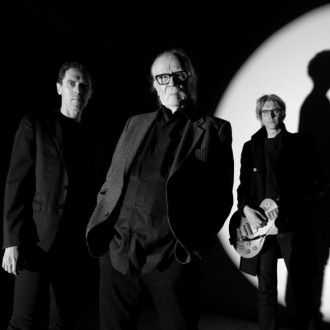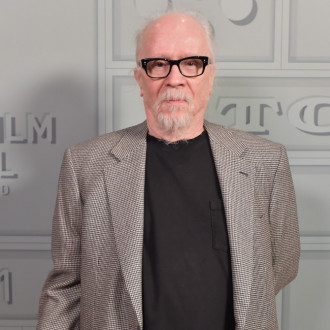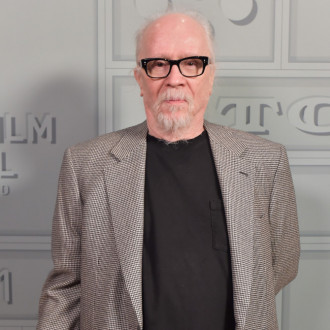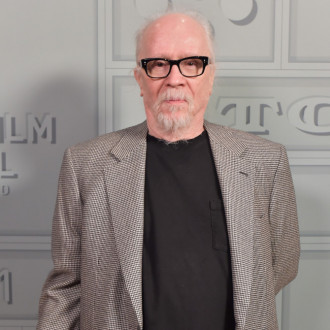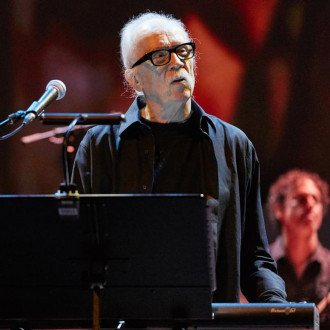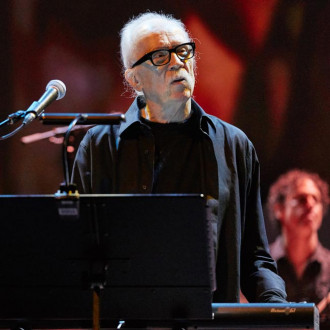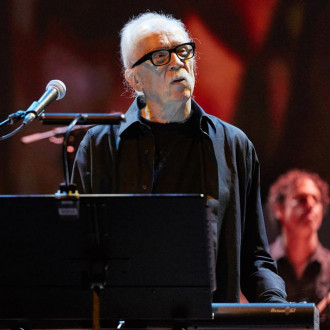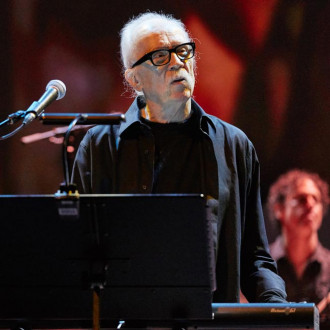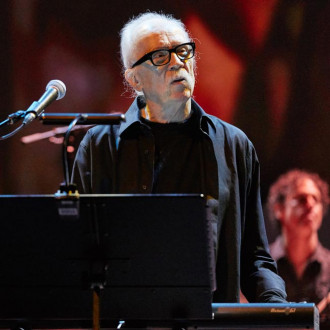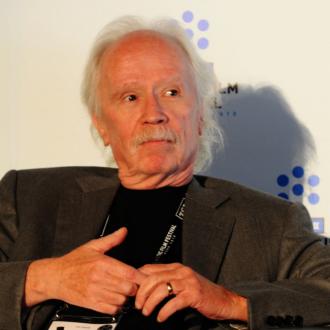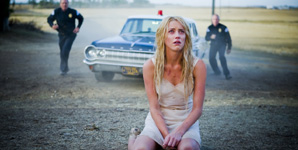Review of Lost Themes II Album by John Carpenter
Always something of a cult figure, film director John Carpenter's impact is frequently underestimated. One of the pivotal figures in transforming the horror genre from its Gothic high camp of the early 1970's to the visceral roller-coaster of today, he engineered a major turning point in 1978 with Halloween, in which the maniac serial killer Michael Myers set about his teenage prey with psychotic abandon, the premise a neat bridge between the voyeuristic debauchery of video nasties such as I Spit On Your Grave and the Little Green Men creature features of his youth.

Operating on low budgets off the Hollywood grid necessitated resourceful approaches to the director's modus operandi, with one of the most notable cost-cutting adaptations being self-composed and produced scores and incidental pieces. Born into a musical family - his father was a violinist and lecturer - the Halloween soundtrack was composed on a Moog modular synthesiser, a collage of jarring and dissonant sounds which perfectly complemented it's anti-hero's silent menace.
His occasionally schlocky celluloid output has received a mixed public and critical reception since, but Carpenter's idiosyncratic approach to sound as a weapon - think Giorgio Moroder as an axe murderer - has continued to be a highly influential feature of his work. After Boards of Canada cited the minimalist analogue textures of the VHS creepies this inspired to have broadly informed much of 2013's Tomorrow Harvest, the following year the New Yorker released his début collection Lost Themes - a work completed in collaboration with his son Cody - to the sort of acclaim some of his cinematic flops were never afforded.
Despite its creator being something of a latecomer to performance, such was the enthusiasm this sophomore effort will be supported by live dates later in 2016, a sign both of greater confidence but also possibly of the desire for a wider audience. Lost Themes II is also a studio - as opposed to internet file swapping - production, Carpenter's trademark lo-fi pulse augmented by "Real" guitars provided by again by Cody and also his godson Daniel Davies.
It's oddly modish to create music for films which were never made (For example via the Soulsavers recent Kubrickian homage) but in Carpenter's case this project has with it the obvious check mark of authenticity: buffs will almost certainly head first for the arpeggiated grim moire of Bela Lugosi or Windy Death's traveloguing, but there's a more energetic vista to this second instalment which decries any attempt to bracket it as mere cheap thrills.
This perspective is evident on tracks such as White Pulse, still thick with an air of dystopia but not enveloped in total darkness, whilst on both Virtual Survivor's and Dark Blues the guitar histrionics and relentless motion are redolent of chrome-shaded machismites with neon and black cars driving into endless California sunsets. Perhaps in this easing up we're being told that we might still yet live to see the night through: on Angel's Asylum the final third is led by a pastoral acoustic guitar, the menace fading away as whoever or whatever finds their own version of redemption.
Ambiguity is both the most and least attractive feature in fact of a release which exploits a different sense than we're used to: our prejudices and instincts become inevitably shifted however and as a result, for we judge the effects by a differing set of criteria. There are moments here of true magic where Lost Themes II's poacher-turned gamekeeper context is totally put out of mind, such as the wistful eddies of Hofner Dawn, it's delicacy and innocence almost revelatory, or with the use of similar finesse to a different result on the glacial Last Sunrise.
Perhaps the most surprising thing about Lost Themes II is that in execution (sic) it's not more outlandish, brutal, or just plain weird. Given that it's made by someone who's been prepared to invoke the Devil more than once, it's often fragile textures seem instead very much of the real world. Fear is after all primeval, close to the top of our subconscious. More complex emotions require more subtle tools, ones Carpenter proves here he is on the way to mastering.
Official Site - http://www.theofficialjohncarpenter.com/
